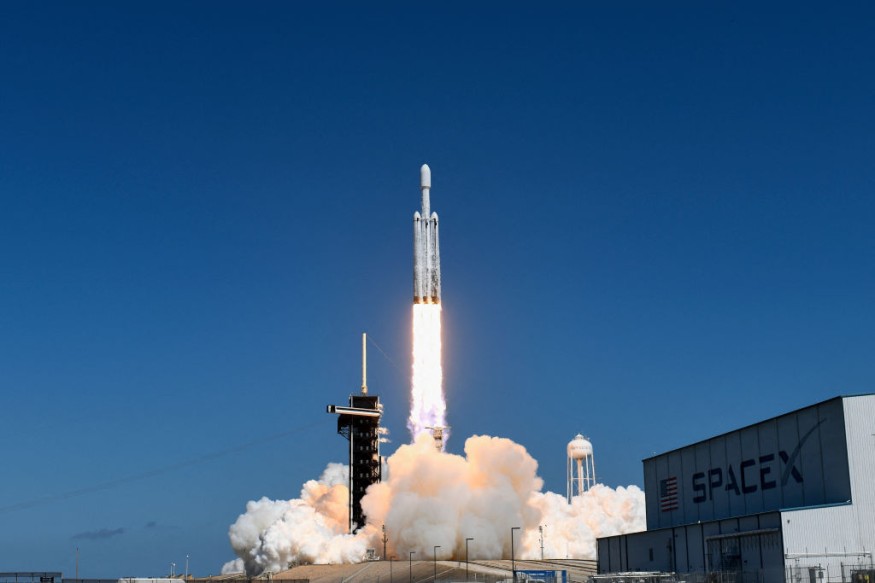
SpaceX has postponed the launch of its Starlink satellites due to a helium leak detected in one of its Falcon 9 rockets.
The launch was scheduled for Sunday, Nov. 3, from Cape Canaveral Space Force Station in Florida. With only two minutes and thirty-six seconds left in the countdown, a team member announced, "Hold, hold, hold. Standing down for helium, stage one." This decision was made to ensure the safety and integrity of the rocket and its payload.
Helium Leak Forces Delay of Starlink 6-77 Launch
Currently, there is no new launch date for the Starlink 6-77 mission, which aimed to deploy 23 satellites into orbit. This mission is part of SpaceX's ongoing efforts to expand its large network of satellites that provide broadband internet services worldwide, according to Space.com.
Notably, SpaceX has already launched over 100 Falcon 9 rockets this year, primarily dedicated to deploying more Starlink satellites.
The Falcon 9 rocket is designed to return to Earth after launching its payload, landing on the "Just Read the Instructions" droneship in the Atlantic Ocean. This particular booster has already been used in two previous missions, including the Crew-9 astronaut flight for NASA. In that mission, only two astronauts traveled to the International Space Station (ISS) instead of the usual four, as two seats were intentionally left vacant due to safety precautions.
Read also: Spain's Deadly Floods: Hundreds of Bodies Expected as Rescue Teams Search Flooded Car Parks
SpaceX Prepares for Future Launches
While SpaceX is focused on expanding its satellite network, concerns have been raised by astronomers about the growing number of satellites in the sky. These satellites can interfere with astronomical observations and have potential environmental impacts.
Despite these worries, Starlink has played a critical role in providing communication services in areas affected by disasters, such as Hurricane Helene and ongoing conflicts like the war in Ukraine.
A helium leak in the Falcon 9 rocket can cause serious issues. Helium is used to pressurize the fuel tanks, and any leak can lead to imbalances that may result in unstable combustion during launch. SpaceX has faced challenges before with the Falcon 9 rockets, including issues during previous flights that resulted in delays.
As SpaceX focuses on future missions, it is essential for them to address the helium leak before proceeding with the Starlink launch. Meanwhile, a different Falcon 9 rocket is scheduled for launch on Nov. 4 for the CRS-31 resupply mission to the ISS, set to take off at 9:29 p.m. EST.
© 2025 NatureWorldNews.com All rights reserved. Do not reproduce without permission.





